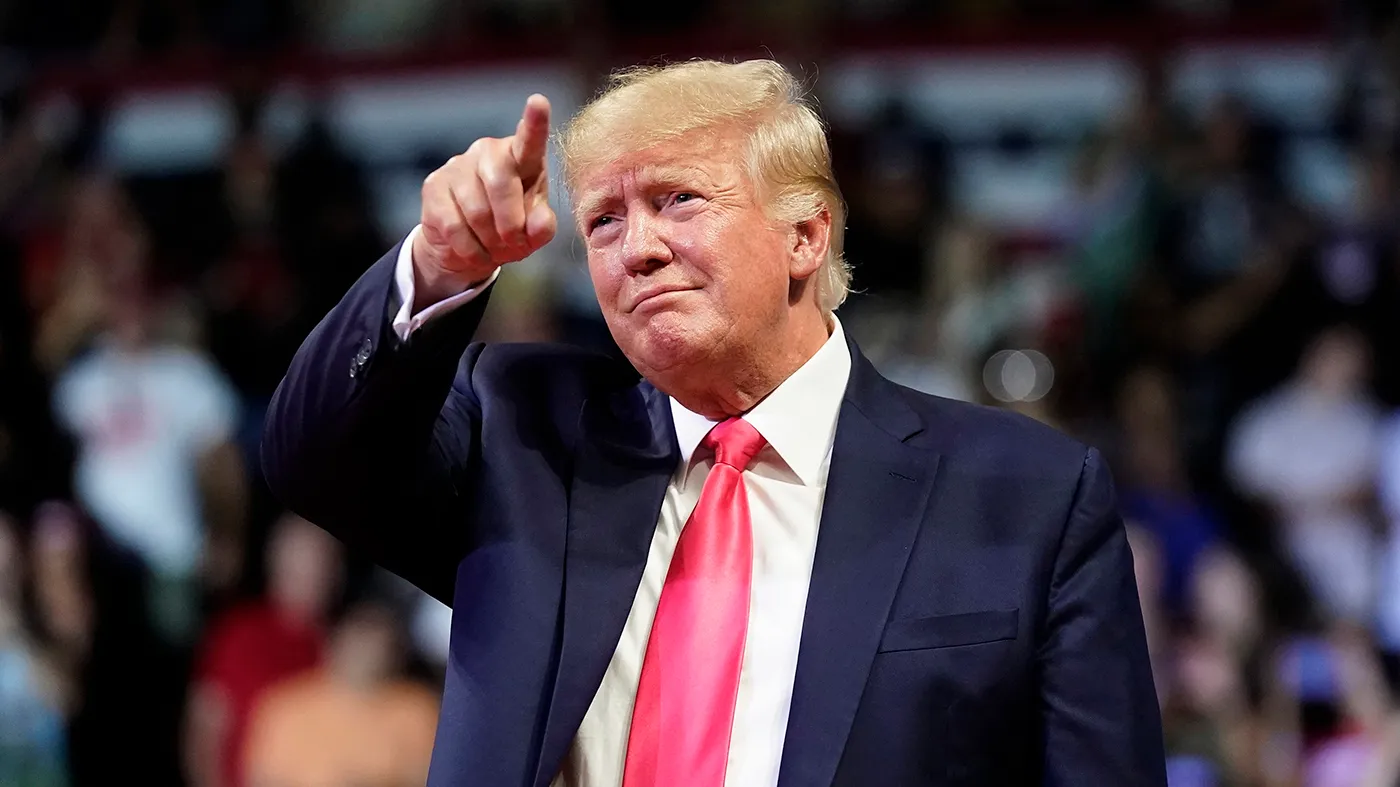President-Elect Trump Names Mike Waltz as National Security Adviser

President-elect Donald Trump has appointed Republican Representative Mike Waltz as his new national security adviser. Waltz, a 50-year-old former Army Green Beret with extensive combat experience in Afghanistan, steps into a role integral to shaping U.S. foreign policy. This advisory position, which does not require Senate confirmation, grants Waltz significant influence in setting America’s global security priorities.
Waltz brings a strong background in defense policy, with a particular focus on Asia-Pacific issues, especially regarding China. His experience as a senior defense policy advisor and previous role as an Afghanistan policy adviser under Defense Secretary Donald Rumsfeld give him insights into the complexities of international military strategy. Known for his outspoken views on China, Waltz has been a vocal member of the Republican China Task Force, advocating for a stronger U.S. stance in the Indo-Pacific to counter potential threats.
As national security advisor, Waltz will coordinate U.S. foreign policy actions directly from the West Wing and regularly brief the president on global developments. His tenure in Congress was marked by intense questioning of the Biden administration’s handling of the Afghanistan withdrawal, signaling his commitment to demanding accountability on defense matters.
While this is a prestigious appointment, it could also be challenging. During Trump’s first term, the administration cycled through four national security advisors, including Michael Flynn, who departed after less than a month in the role.
Mike Waltz’s Military and Professional Background
Waltz holds the rank of colonel in the National Guard and has deployed to Afghanistan on multiple combat missions as an Army Reservist with Special Forces. His military service has earned him four Bronze Stars, underscoring his dedication and leadership on the battlefield. In addition to his military experience, Waltz also founded Metis Solutions, a defense and intelligence consulting firm, showcasing his expertise in both public and private defense sectors.
Focused on China and Indo-Pacific Defense
Waltz has gained recognition for his unyielding stance on China. His active role on the China Task Force aligns with his call for the U.S. to bolster its military readiness in the face of rising tensions in the Indo-Pacific. His recent book, *Hard Truths: Think and Lead Like a Green Beret, lays out a strategic framework for countering potential threats from China, reflecting his commitment to strengthening U.S. positions in the region.
Endorsement of Trump’s ‘Disruptive’ Foreign Policy
Waltz has voiced strong support for Trump’s unorthodox approach to foreign policy, applauding his willingness to challenge longstanding practices. He has described Trump as a needed “disruptor” in the national security landscape, suggesting that the entrenched establishment, including parts of the Pentagon, could benefit from reform.
Perspective on NATO and U.S. Policy on Ukraine
Waltz’s views on NATO show a balance of support and caution. He has praised Trump’s push for NATO members to increase defense funding, though he diverges from Trump’s occasional criticism of the alliance’s importance. Recently, Waltz acknowledged that allies could maintain strong relationships while having direct conversations about contributions to shared defense goals.
His stance on Ukraine has evolved since the Russian invasion in 2022. Initially, he urged the Biden administration to expedite arms deliveries to Ukraine, advocating for robust support. However, more recently, he has called for a reassessment of U.S. objectives in Ukraine, suggesting that the country’s strategic focus may need to pivot more strongly towards the Indo-Pacific to address pressing challenges there.
Key Challenges Ahead
With Trump’s appointment, Waltz faces a range of pressing issues, including managing the flow of arms to Ukraine, countering the growing ties between Russia and North Korea, responding to Iran’s proxy forces in the Middle East, and navigating the complex dynamics between Israel and groups such as Hamas and Hezbollah.








